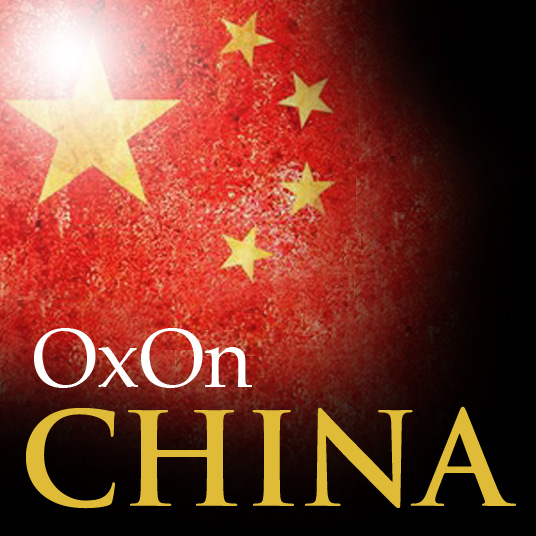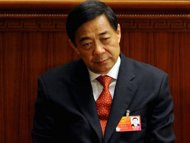
Mr Xi’s conflicting priorities: how should we read China’s reform roadmap?
Xi Jinping has taken over the helm of China’s state apparatus as well as the Party, but where the new leadership will take the country remains uncertain. Recent developments give us an indication. Recently, the Party presented a new plan to reduce inequality and has implemented an anti-corruption campaign. This has – amongst other things – hit luxury goods sellers and upmarket restaurants hard. Mr Xi has also made the ‘Chinese Dream’ into the leitmotif of his politics in order to ‘realize the great rejuvenation of the Chinese nation’. Other than this, identifying a direction has revolved around looking at the backgrounds, characters and objectives of the new leaders, in particular Mr Xi, and to a lesser extent, Li Keqiang, the Party secretary.
But focusing on the individual tells us little about their real ability to affect outcomes.

Bo Xilai’s ouster is about Chinese party politics – and fears over his popularity
As the most high profile ouster in the Chinese Communist Party (CCP) since 1989, the departure of Bo Xilai, a high-level Party official, illustrates two matters. First, it demonstrates that the consensus of collective leadership and demand for Party unity remains very strong. But second, it reflects the increasing strain on the Chinese political system and casts doubt on its capacity for change. A bit of background. After 1978, the CCP embarked on a political strategy to consolidate its hold on power that was based on collective leadership. This choice was informed foremost by the necessity to prevent the rise of another Mao-like autocrat; but a second key principle insisted on keeping leadership divisions out of public view. This policy …










